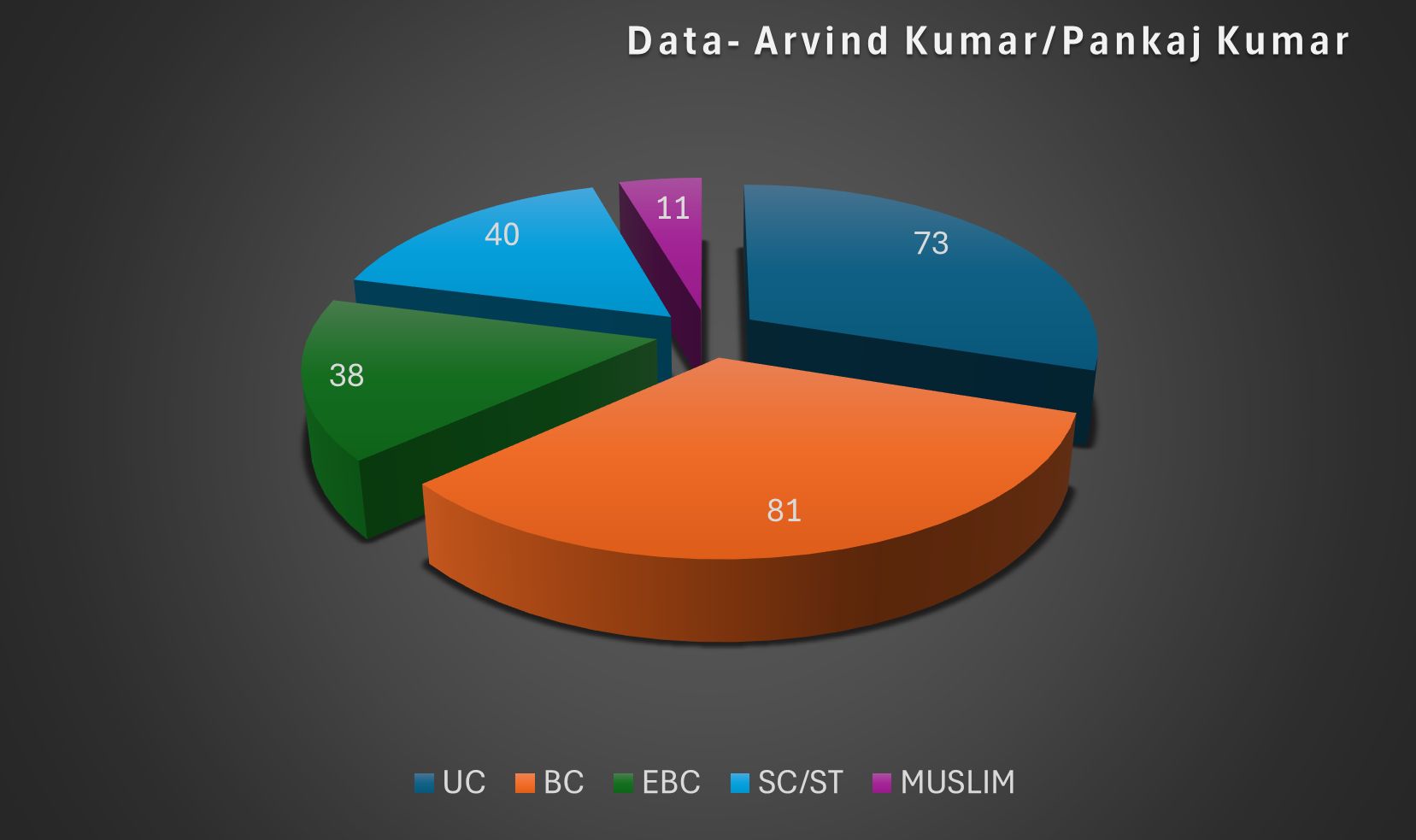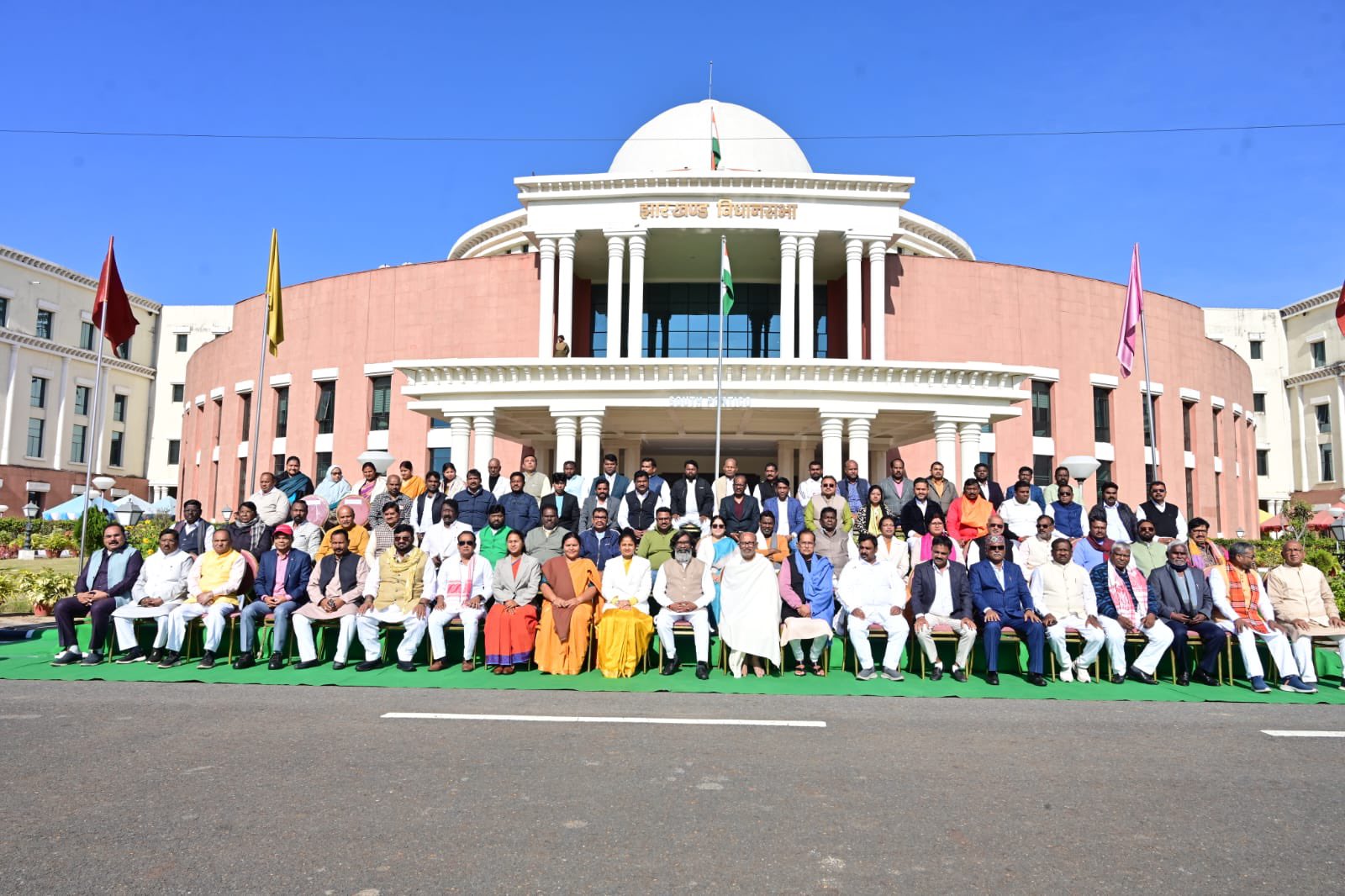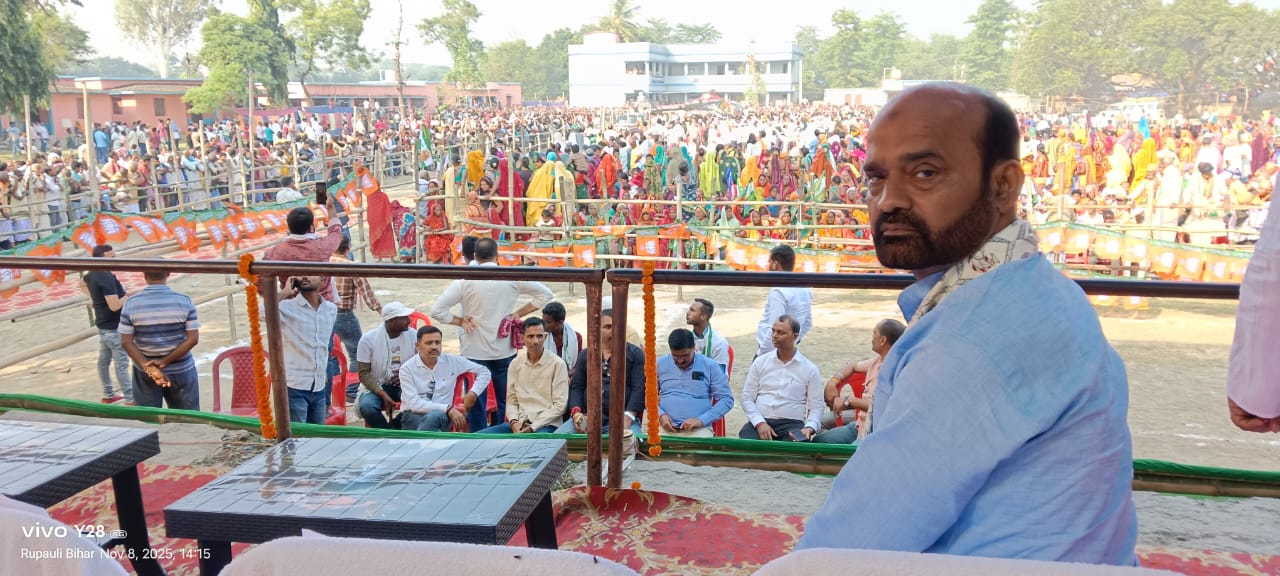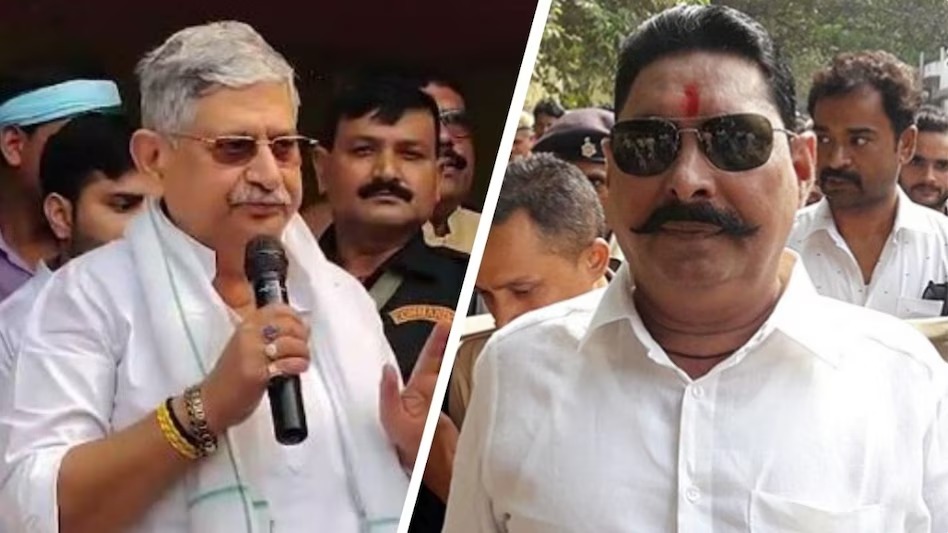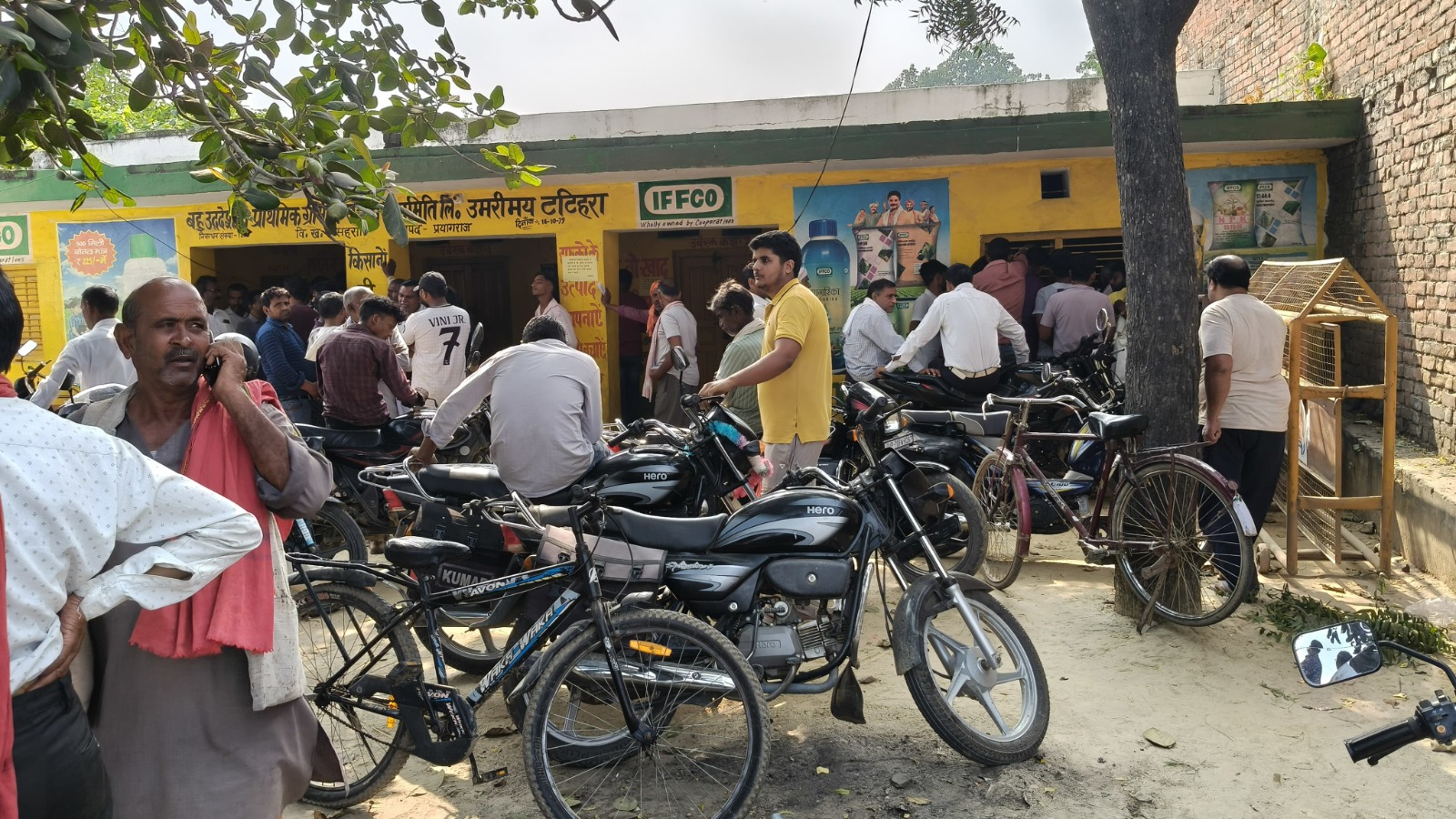K. K. Kochu (2 February 1949 – 13 March 2025)
I first met Kochettan (K.K. Kochu) during my MPhil studies at Mahatma Gandhi University, Kottayam, in 2012. We met in the room of Kochettan’s younger brother K.K. Baburaj, near the university. He entered the room, along with two others, as some of us research scholars were chatting. He was on his way back to Kaduthuruthy after taking part in the Adivasi and Dalit Munnetra Samiti-led land rights struggle in Arippa, Kollam district. He spoke very passionately about the Arippa struggle. We students should go there, he told us.
K.K. Kochu began as a radical left intellectual and writer, before going on to identify the tendency of Indian Marxism to overlook caste as its main limitation. He then delved into social thinking based on Ambedkar’s ideas and principles. Kochu, a prominent member of social groups such as SEEDIAN (Socially Economically Educationally Depressed Indian Ancient Natives), became a vocal critic of the caste system.
He was instrumental in introducing the “Dalit” concept to the Malayalis. He rose to prominence as a significant thinker and writer who made Malayalis recognize that the literature, film and theatre they celebrated as mainstream were all bastions of idolizing the upper castes. He clearly exposed the extent to which Malayalam literature pushed to the background casteist sentiments prevalent in society.

He was able to knock down portions of the caste fortress of popular cinema. Kochu brought about revolutionary changes in popular history writing. He provided a new interpretation to the histories of Ayyankali, Poykayil Appachan, Pampady John Joseph and others. He published interviews with salon workers (barbers) and writings on their experiences in periodicals.
Kochu highlighted the land question as the primary issue in Kerala. His writings challenging the Kerala development model were included in the syllabuses of all Kerala universities.
He actively participated in protests, including those part of the Chengara land rights struggle. He did not limit the term ‘Dalit’ to caste identity. For K.K. Kochu, “Dalit” was a concept that enabled social criticism that in turn reclaimed human dignity. No discourse on Kerala society is possible if one leaves out Kochu’s works, which illustrate how deeply the Malayalis are immersed in caste.
Malayalis, as long as they exist, will continue to talk about his contributions to their society, history, and contemporary politics, which he approached from a critical epistemological and axiological standpoint.
(Translated from the original Malayalam by Goldy M. George)
This article was originally published in Malayala Manorama. This translation has been published here with the permission of both the publication and the author.
Forward Press also publishes books on Bahujan issues. Forward Press Books sheds light on the widespread problems as well as the finer aspects of Bahujan (Dalit, OBC, Adivasi, Nomadic, Pasmanda) society, culture, literature and politics. Contact us for a list of FP Books’ titles and to order. Mobile: +917827427311, Email: info@forwardmagazine.in)

